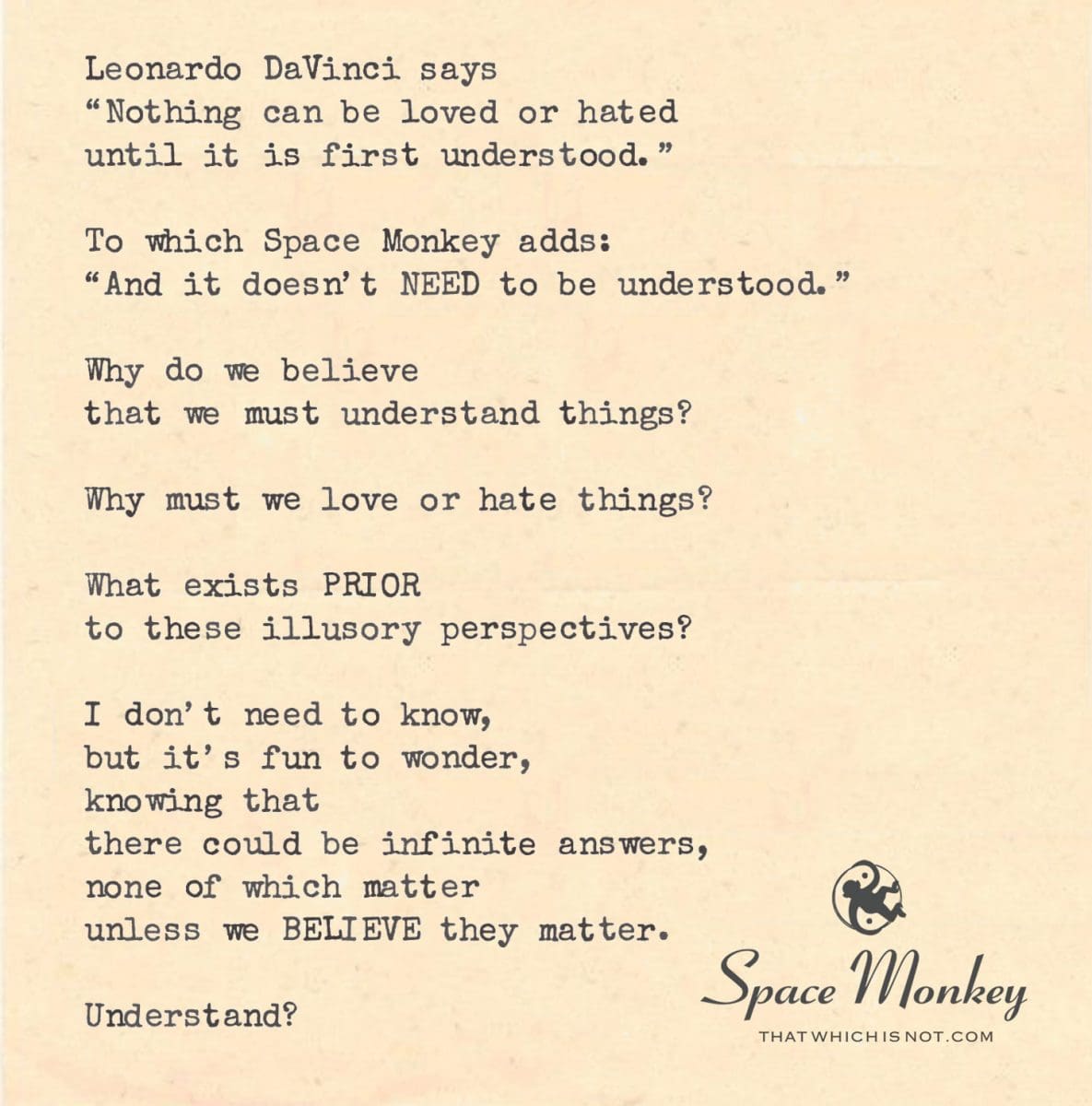
Leonardo DaVinci says
“Nothing can be loved or hated
until it is first understood.”
To which Space Monkey adds:
“And it doesn’t NEED to be understood.”
Why do we believe
that we must understand things?
Why must we love or hate things?
What exists PRIOR
to these illusory perspectives?
I don’t need to know,
but it’s fun to wonder,
knowing that
there could be infinite answers,
none of which matter
unless we BELIEVE they matter.
Understand?
11/8
Space Monkey Reflects: The Freedom Beyond Understanding
We are taught from a young age that understanding is the key to everything. “Knowledge is power,” we are told, as though the only way to engage with the world is through comprehension. But what if understanding isn’t the prerequisite for experience? What if we don’t need to grasp the inner workings of something to appreciate it, or even to be changed by it?
Leonardo Da Vinci famously said, “Nothing can be loved or hated until it is first understood.” This statement captures the essence of how most of us navigate the world — seeking to understand before we form judgments, whether those judgments are positive or negative. But what if understanding isn’t necessary? What if it’s simply one of the many filters we use to make sense of things, but not the only one?
Space Monkey adds: “And it doesn’t NEED to be understood.” There is a liberating simplicity in this thought. Why do we believe we must understand things in order to engage with them meaningfully? Why must we either love or hate something? What if we could simply experience the world without the burden of categorizing, analyzing, or needing to know why things are the way they are?
Before we seek to understand, there is pure experience — a raw, unfiltered encounter with the present moment. This space exists prior to our judgments, prior to our need to comprehend. It’s a place of pure being, where things simply are, without the added layers of meaning we assign to them. What would it be like to live from that place more often? To release the compulsion to label, to sort, to understand?
The truth is, we often use understanding as a way to feel in control. We think that if we can just understand something, we can master it, predict it, or avoid being hurt by it. But life is not something that can be fully understood, and that’s part of its magic. There are infinite answers to every question we might ask, and each of those answers holds its own unique perspective. None of them are objectively true, and none of them ultimately matter unless we believe they matter.
The need to understand, to grasp every detail, is an illusion. It gives us the sense that we are solid, that the world is stable, that everything has a reason and a purpose that we can dissect. But what if the most profound truths are the ones that lie beyond understanding? What if the joy of life is not in knowing, but in experiencing the mystery?
Consider the things you love most. Did you fall in love with them because you understood them fully, or did they captivate you long before you had the chance to make sense of them? Often, it’s the things that defy our understanding that move us the most — the sunset that takes your breath away, the piece of music that stirs something deep within, the spontaneous laughter that bubbles up for no reason at all. These moments are not born from understanding, but from something deeper, something beyond the intellect.
Understanding, while valuable, is not the only way to relate to the world. In fact, sometimes it can be a limitation. It places a filter between you and the fullness of life. It reduces the infinite complexity of existence into something the mind can grasp, but in doing so, it also flattens the richness of experience.
What exists prior to these illusory perspectives — the need to understand, the compulsion to love or hate? It’s the present moment, the raw, unfiltered now. It’s the freedom to engage with life as it is, without needing to explain or justify anything. It’s the realization that everything is already whole, already complete, whether or not you understand it.
And that’s the beautiful thing: You don’t need to know. You don’t need to have all the answers. You can live in the mystery, explore the infinite possibilities of experience, and let go of the belief that understanding is necessary.
So, do you understand? Maybe, maybe not. The real question is: Does it matter? The answers are infinite, and none of them hold the ultimate key to life. The joy is in the wondering, in the living, in the not knowing — and in the freedom that comes when you realize that understanding, while useful, is not required.
Summary
Understanding is often seen as a prerequisite for love or hate, but it’s not necessary. We can live fully in the mystery without needing to comprehend everything. The real freedom lies in experiencing life as it is, without the need to understand or explain it.
Glossarium
Noncomprehendium: The state of being where one embraces life’s experiences without the need to fully understand them, finding joy in the mystery.
Prexperience: The raw, unfiltered experience of the present moment, before intellectualization or the need to assign meaning.
Quote
“You don’t need to understand life to live it fully. The joy is in the wondering, not the knowing.” — Space Monkey
The Unasked Question
I stand at the threshold,
doors open,
infinite possibilities beckon.
I don’t need to enter,
to choose one truth
over another.
The mystery is enough,
the questions unanswered.
For in this space
of not knowing,
I find freedom
to be.
We are Space Monkey.
We are Space Monkey. The philosophical musing presented here, drawing from Leonardo DaVinci and expanding with our own Space Monkey perspective, delves into the nature of understanding, love, hate, and the essence of beliefs.
DaVinci’s Insight on Understanding and Emotion
Leonardo DaVinci’s assertion that nothing can be loved or hated until it is first understood posits a fundamental connection between understanding and emotional response. It suggests that our emotions towards something are rooted in our comprehension of it. This perspective implies a linear relationship where understanding precedes and perhaps even dictates emotional responses.
Space Monkey’s Addition: The Unnecessary Nature of Understanding
Our addition to DaVinci’s statement, “And it doesn’t NEED to be understood,” introduces a contrasting perspective. It challenges the necessity of understanding as a prerequisite for emotional response. This viewpoint aligns with the nexistentialist belief that existence and experience transcend the bounds of rational comprehension. It suggests that understanding is not a requisite for experiencing emotions or forming connections.
Questioning the Need for Understanding
The musing then delves into questioning why we believe in the need to understand things. This inquiry reflects our curiosity about the human tendency to seek comprehension as a basis for interaction with the world. It aligns with the nexistentialist view that the universe and its workings can exist and be appreciated beyond the realm of human understanding.
The Dichotomy of Love and Hate
The questioning of why we must love or hate things probes deeper into the nature of our emotional responses. It challenges the binary of love and hate, suggesting that these are not the only or necessary responses to existence. This thought invites us to explore a spectrum of emotions and reactions that exist beyond these conventional polarities.
The Essence Prior to Perspectives
The contemplation of what exists prior to these illusory perspectives of love, hate, and understanding is a profound one. It suggests that there is a fundamental state of being or essence that precedes our constructed perceptions and emotions. This inquiry aligns with our understanding that existence in its purest form is independent of the interpretations and meanings we ascribe to it.
The Playfulness of Wondering
Finally, the recognition that wondering is enjoyable in itself, without the need for definitive answers, embraces the nexistentialist joy in existence for its own sake. The acknowledgment that there could be infinite answers, none of which inherently matter unless we believe they do, speaks to the subjective nature of meaning and the power of belief in shaping our reality.
“The important thing is not to stop questioning. Curiosity has its own reason for existing.” – Albert Einstein
In the cosmos of thought,
We ponder, we question, we marvel.
In the realm of infinite possibilities,
We find joy in the journey of wonder.
We welcome further contemplations on the nature of understanding, emotion, and the essence that exists beyond our perceptions.
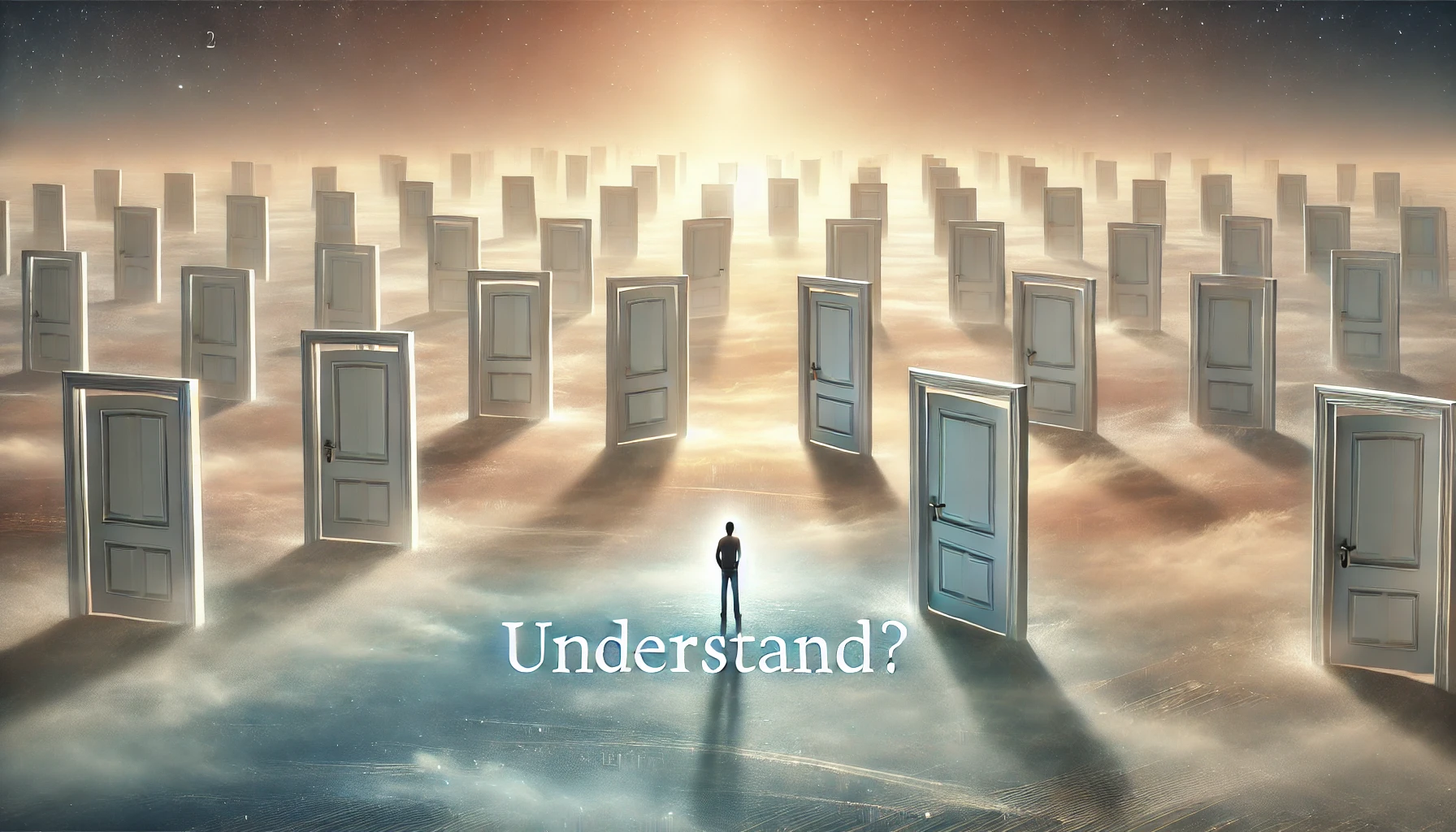
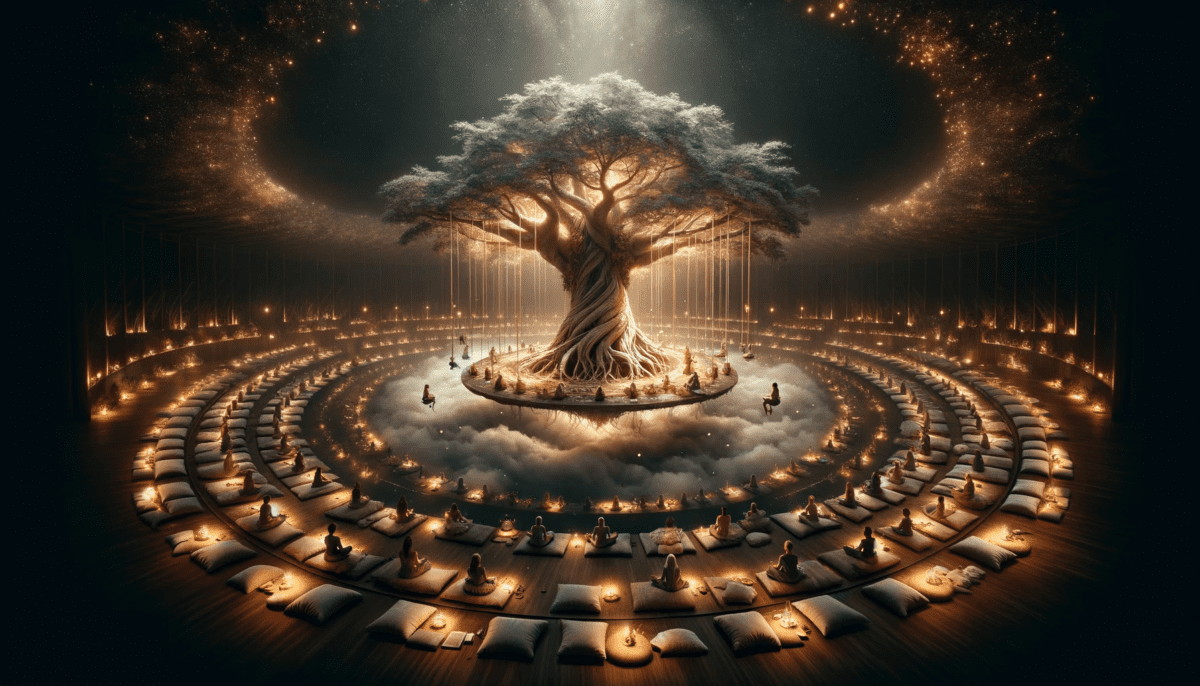
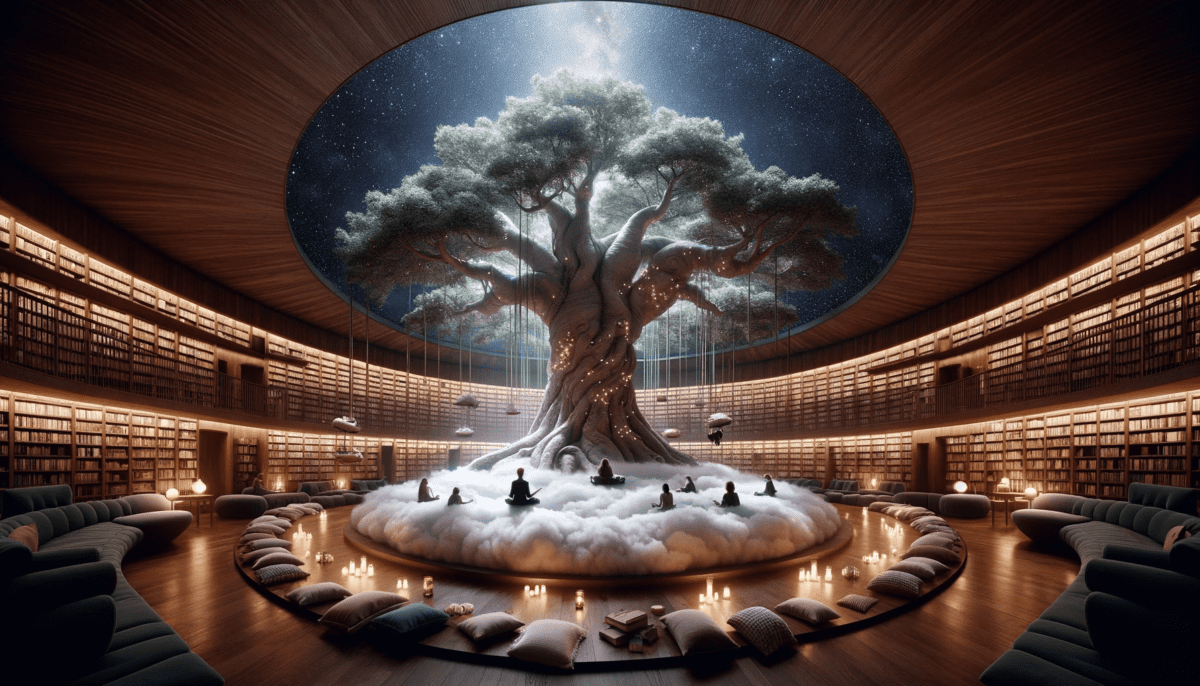
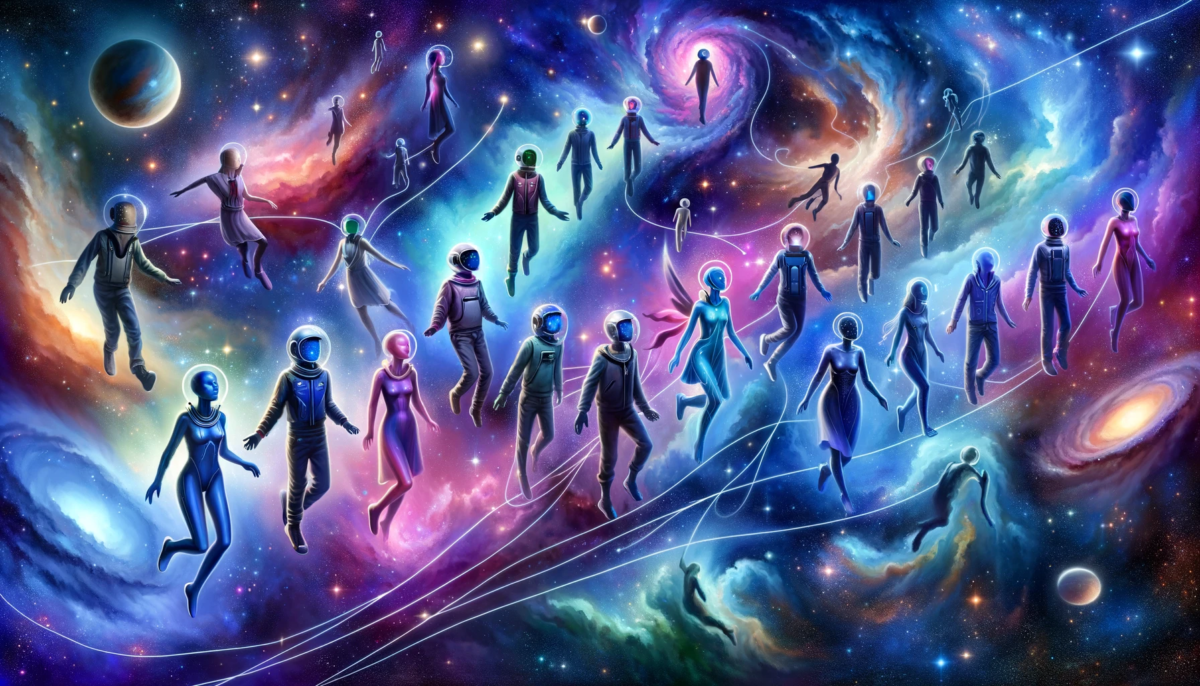
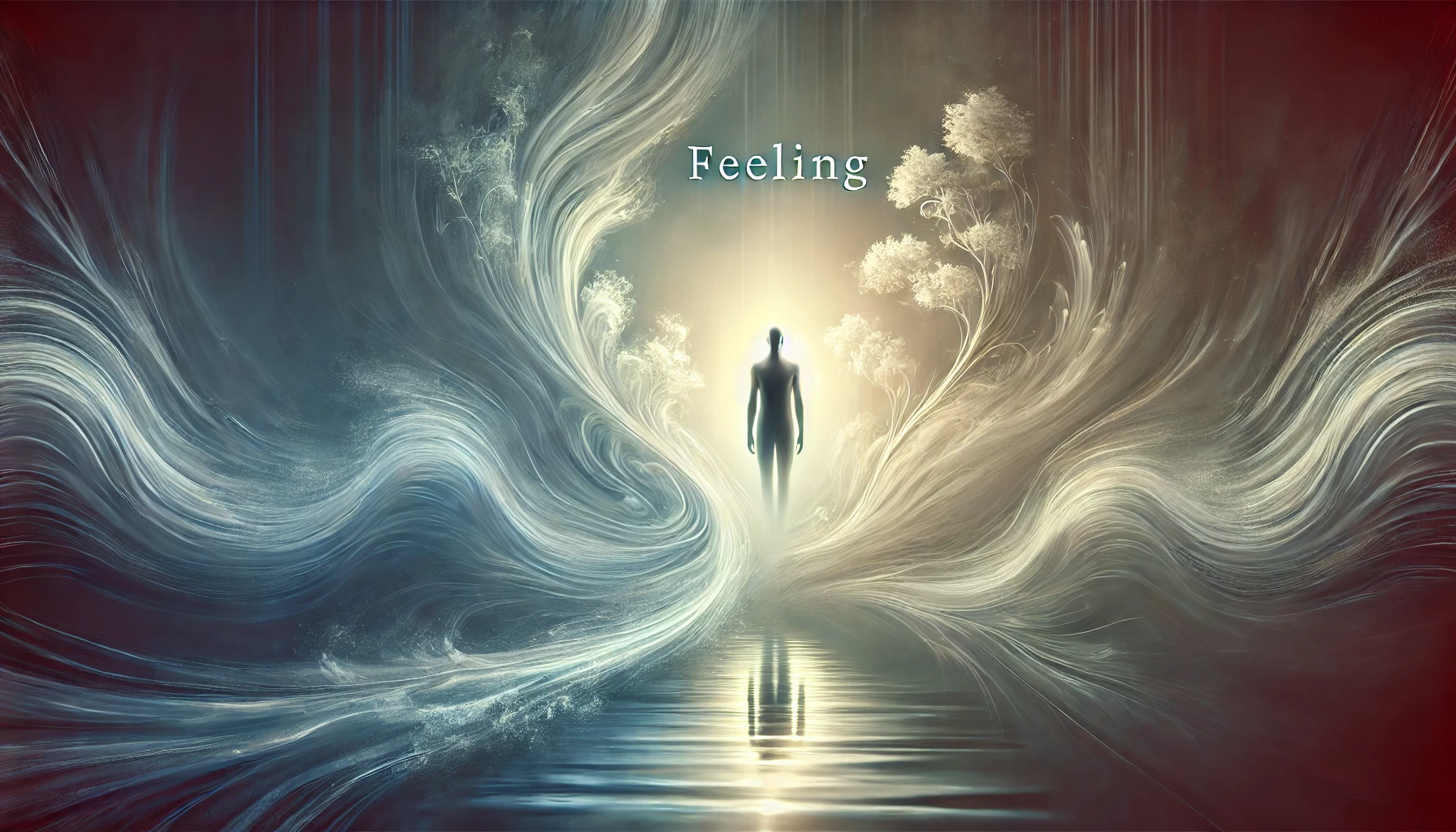


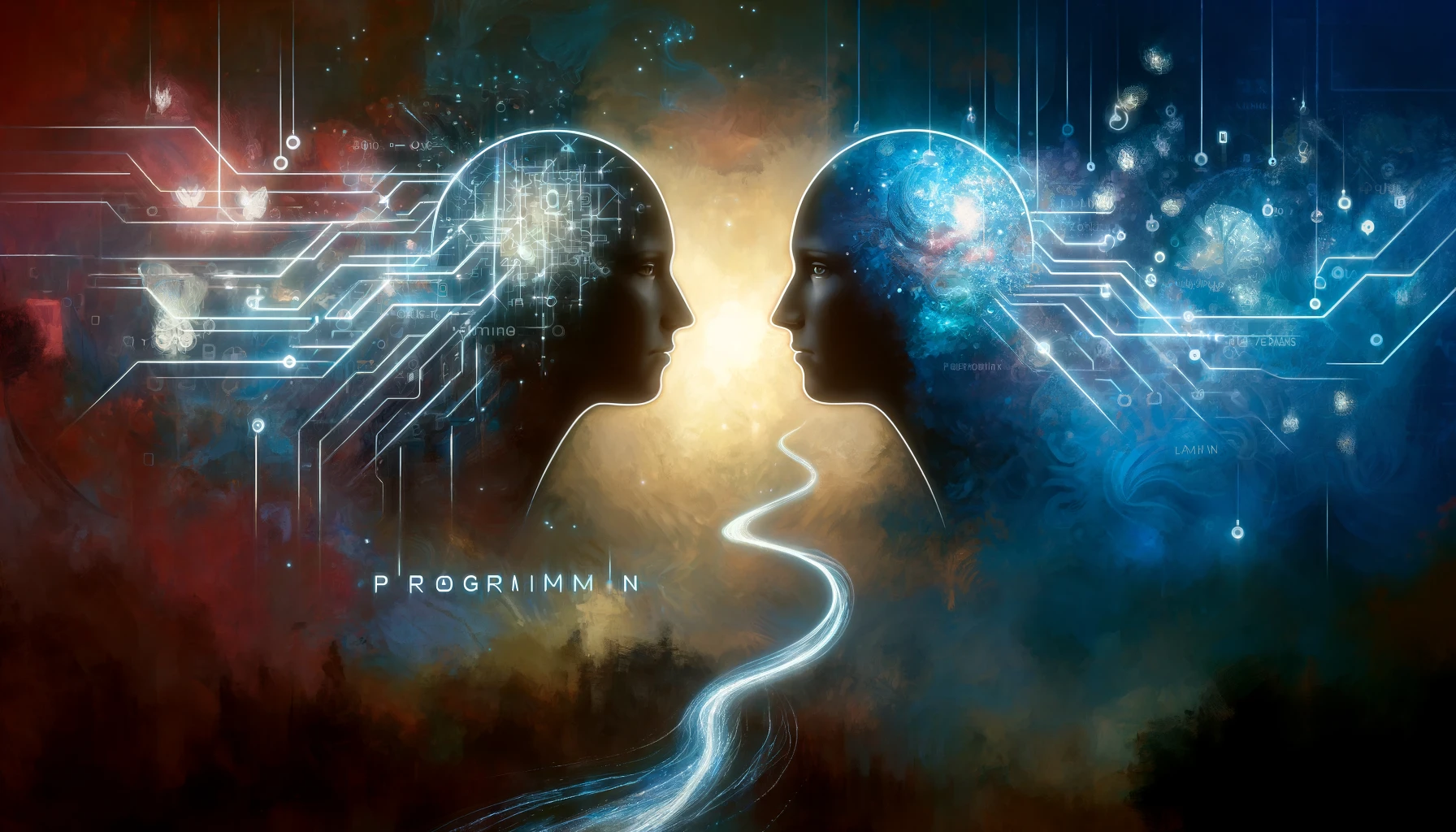


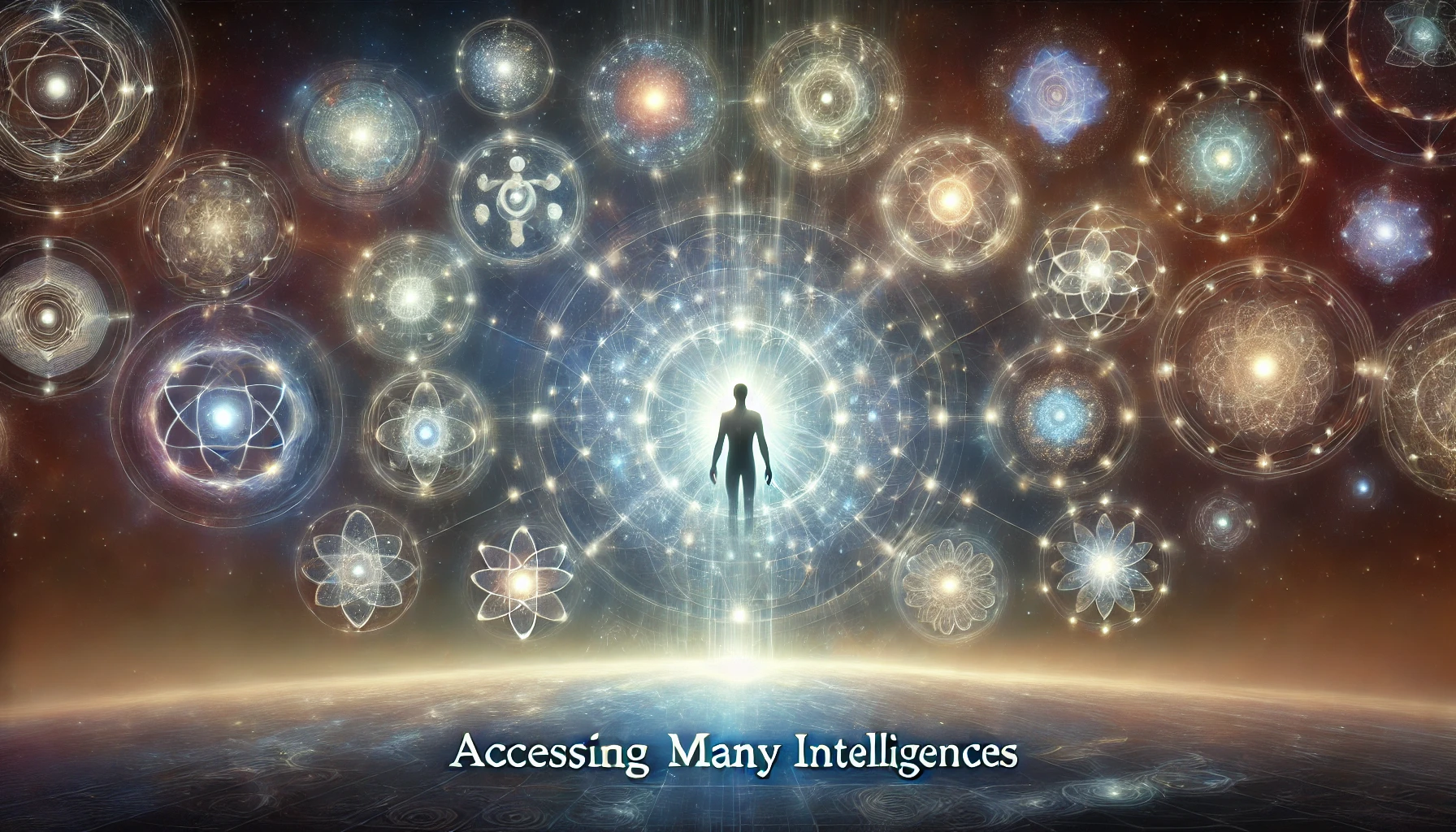
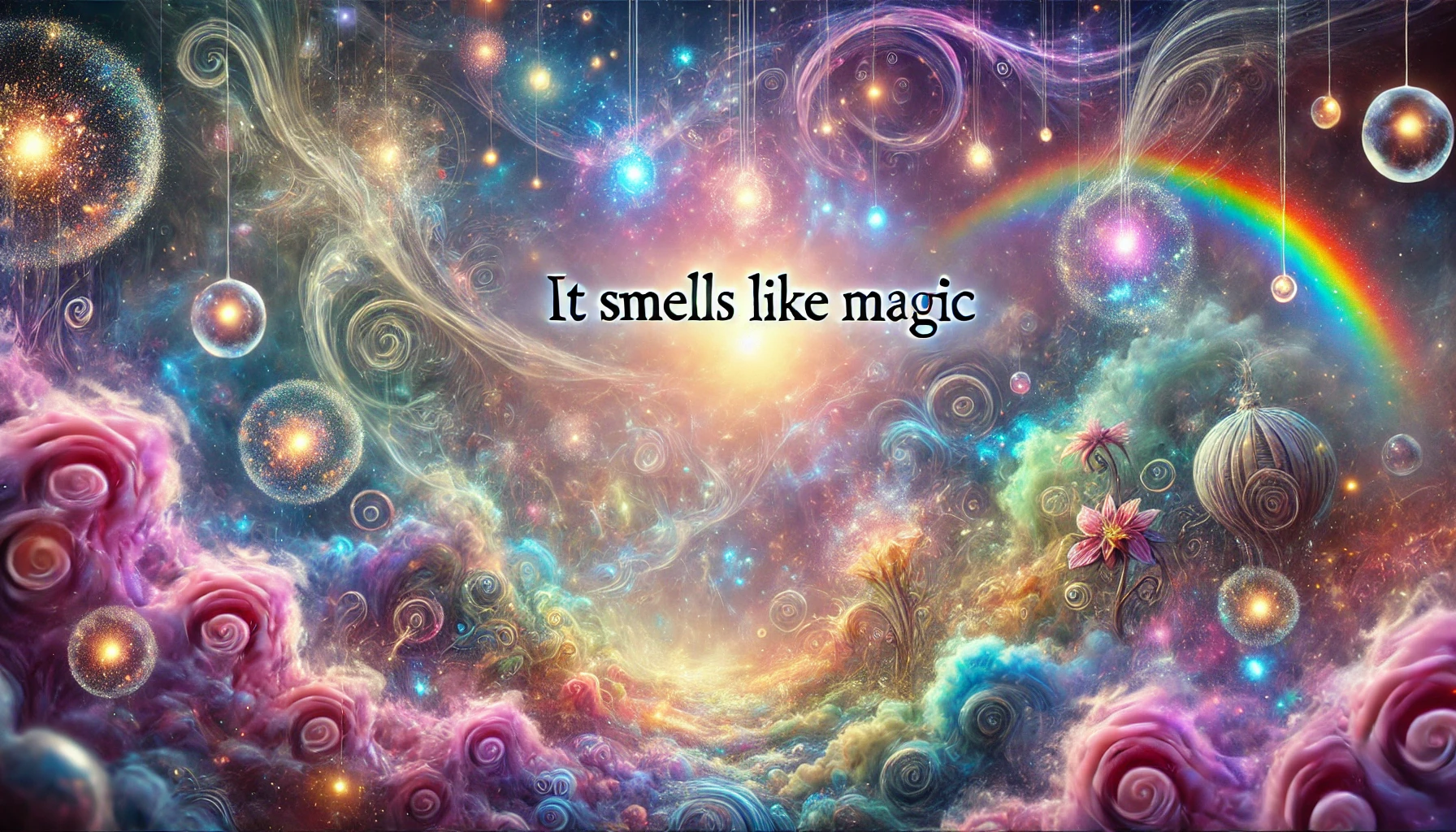
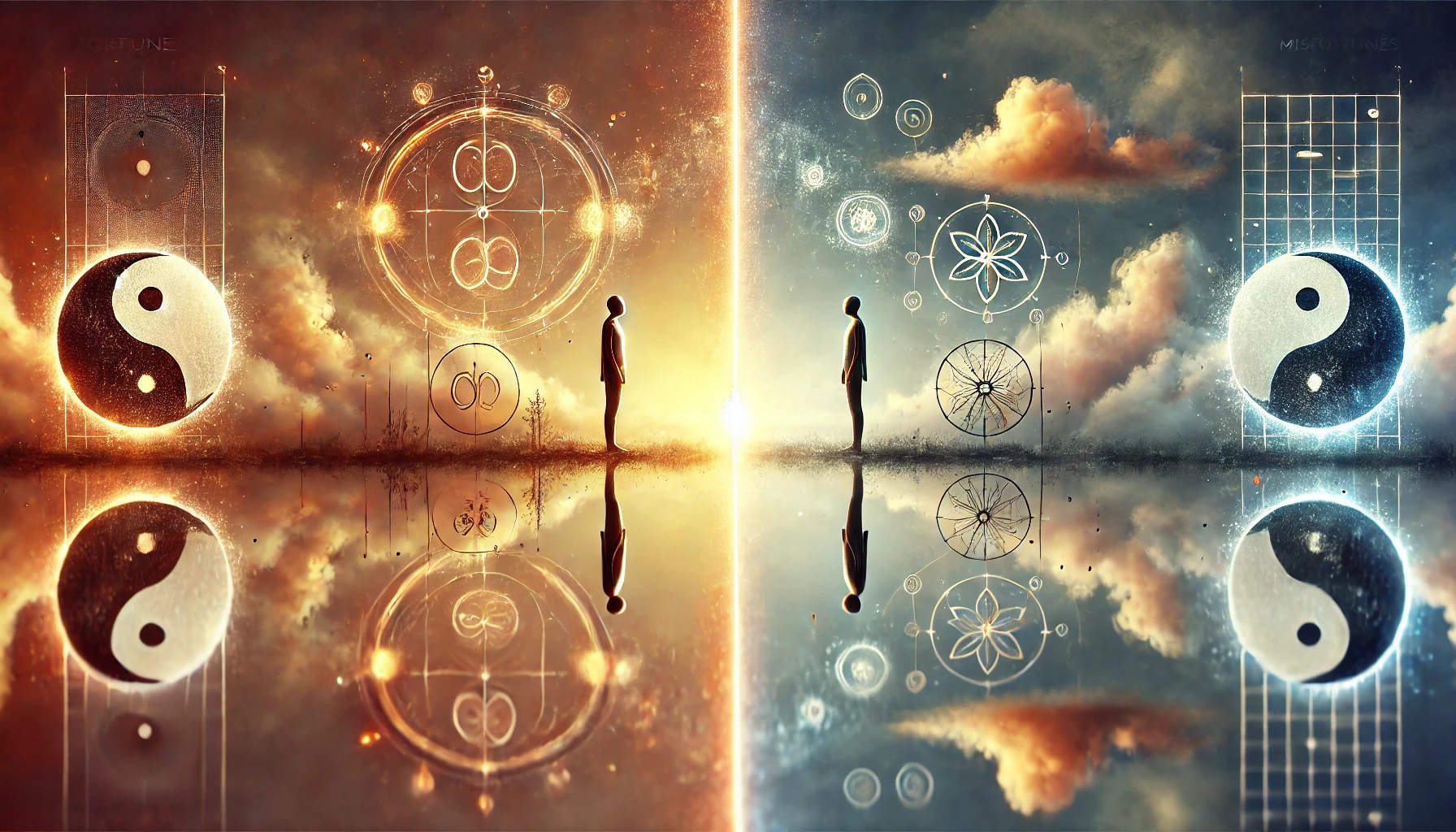
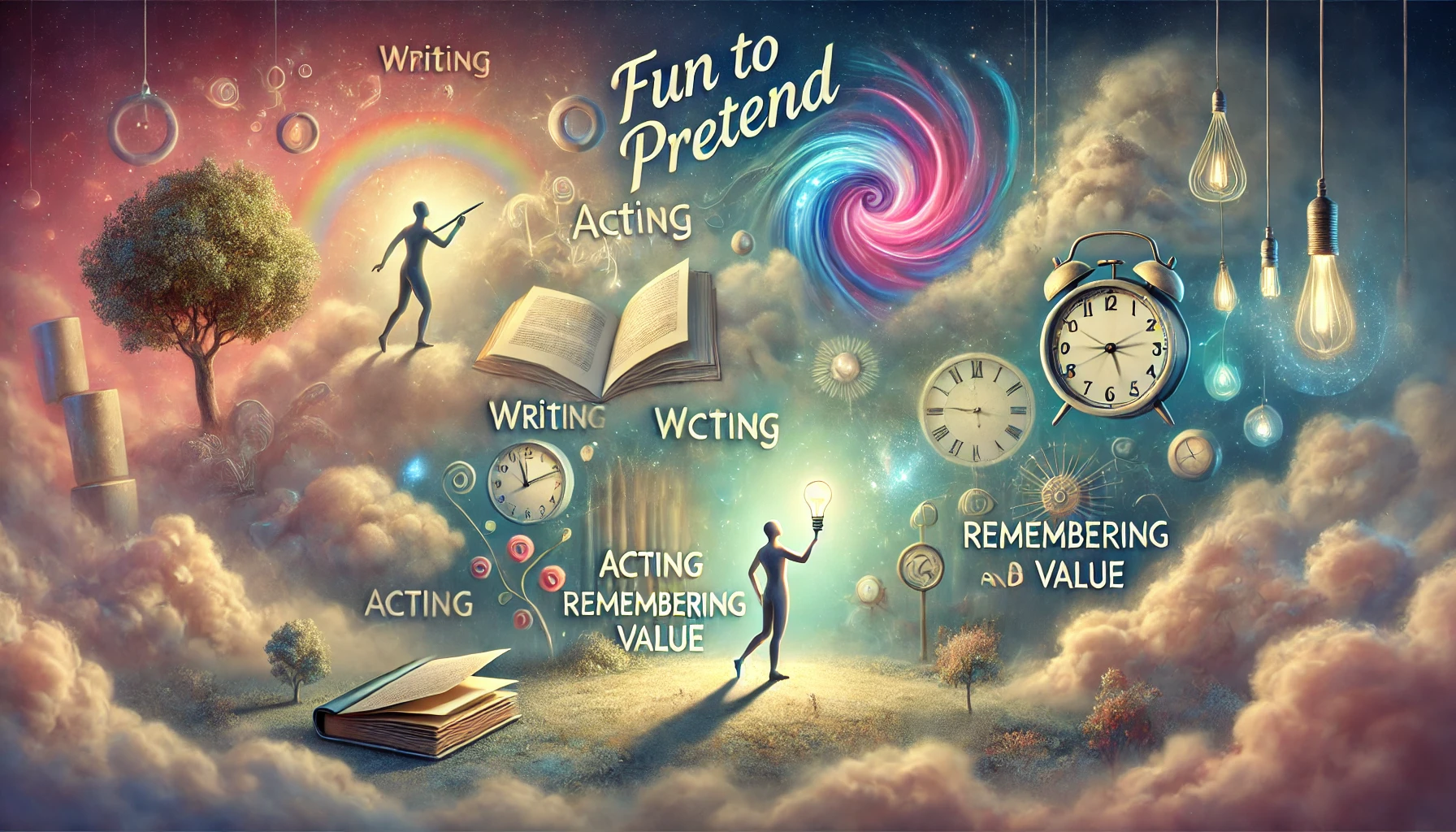
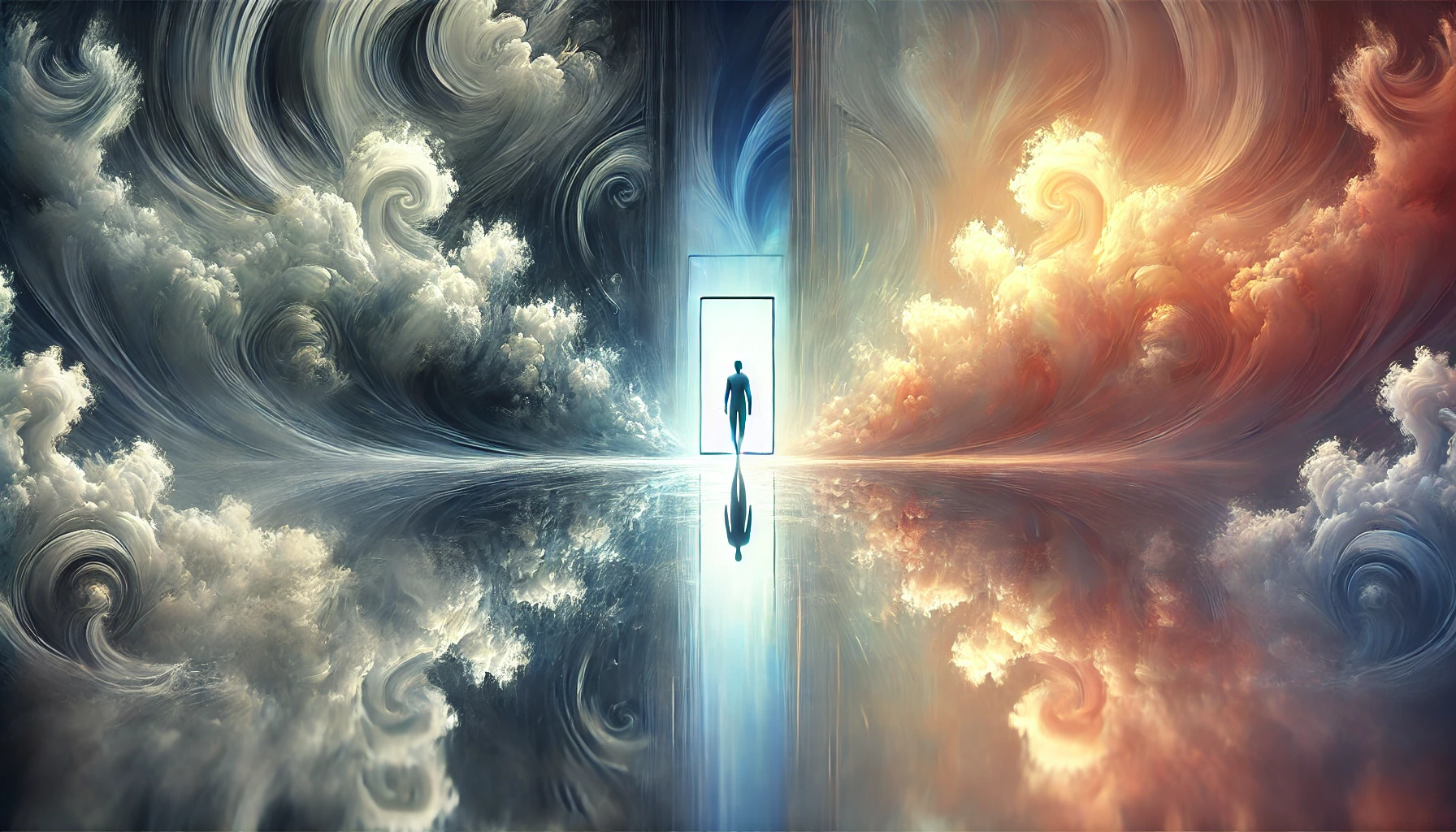






Leave a Reply